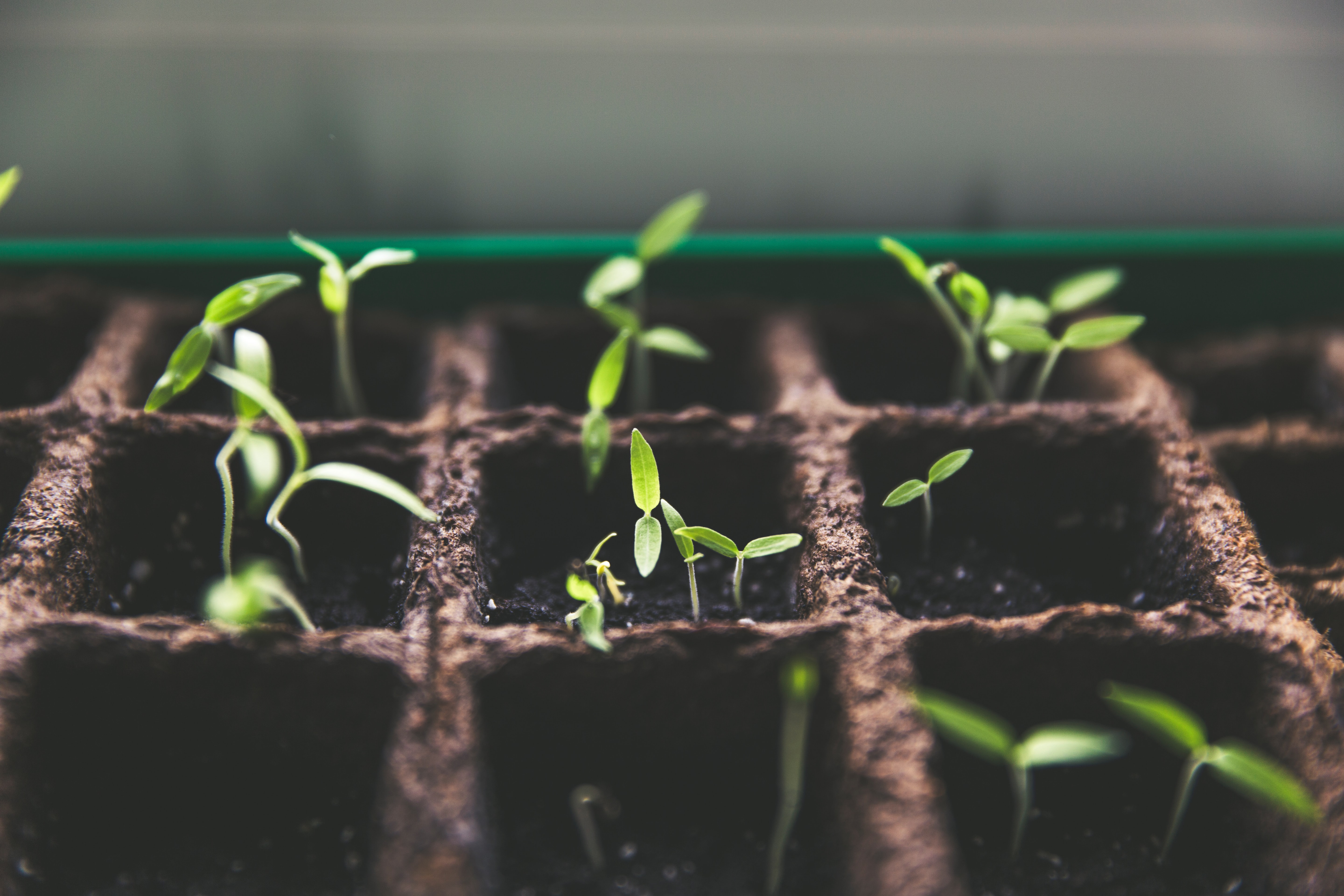Are gene-editing technologies traditional? Not if they are linked to intellectual rights
By Kathleen Garnett,
A Bigger Conversation
| 06. 09. 2021
As we await the report on the UK government’s public consultation on ‘The Regulation of Genetic Technologies’ it is a germane moment to address the hitherto under-explored distinction between traditional and technological food, feed and seed.
The consultation sought views on what the UK Department for the Environment and Rural Affairs (Defra) said were gene edited organisms “possessing genetic changes which could have been introduced by traditional breeding”. Indeed, in an effort to associate genetic engineering technologies with ‘traditional’ ones, traditional plant breeding technique is mentioned 18 times in Defra’s consultation document. The document also alludes to genome-edited organisms that “could have been produced naturally”.
The notion that genetic technologies are merely an extension of ‘traditional’ agricultural breeding forms the core reasoning with which Prime Minister Boris Johnson’s government intends to waive through non-traditional, novel plant breeding techniques and justify the free circulation – without risk assessment, with little to no socio-economic impact assessment and without labelling – of gene-edited food in England and indeed the rest of the UK.
The logic of this approach appears to be that...
Related Articles
By Jonathan Matthews, GMWatch | 12.11.2025
In our first article in this series, we investigated the dark PR tactics that have accompanied Colossal Bioscience’s de-extinction disinformation campaign, in which transgenic cloned grey wolves have been showcased to the world as resurrected dire wolves – a...
By Jessica Hamzelou, MIT Technology Review | 11.07.2025
This week, we heard that Tom Brady had his dog cloned. The former quarterback revealed that his Junie is actually a clone of Lua, a pit bull mix that died in 2023.
Brady’s announcement follows those of celebrities like Paris...
By Lauran Neergaard, AP News | 11.03.2025
WASHINGTON (AP) — The first clinical trial is getting underway to see if transplanting pig kidneys into people might really save lives.
United Therapeutics, a producer of gene-edited pig kidneys, announced Monday that the study’s initial transplant was performed successfully...
By Meagan Parrish, PharmaVoice | 10.10.2025
When CEO Ben Lamm steps into the spotlight, it’s usually to talk about his efforts bringing extinct animals back to life. Once a far-flung idea, Lamm and the company he heads, Colossal Biosciences, have proven they can pull it off...




